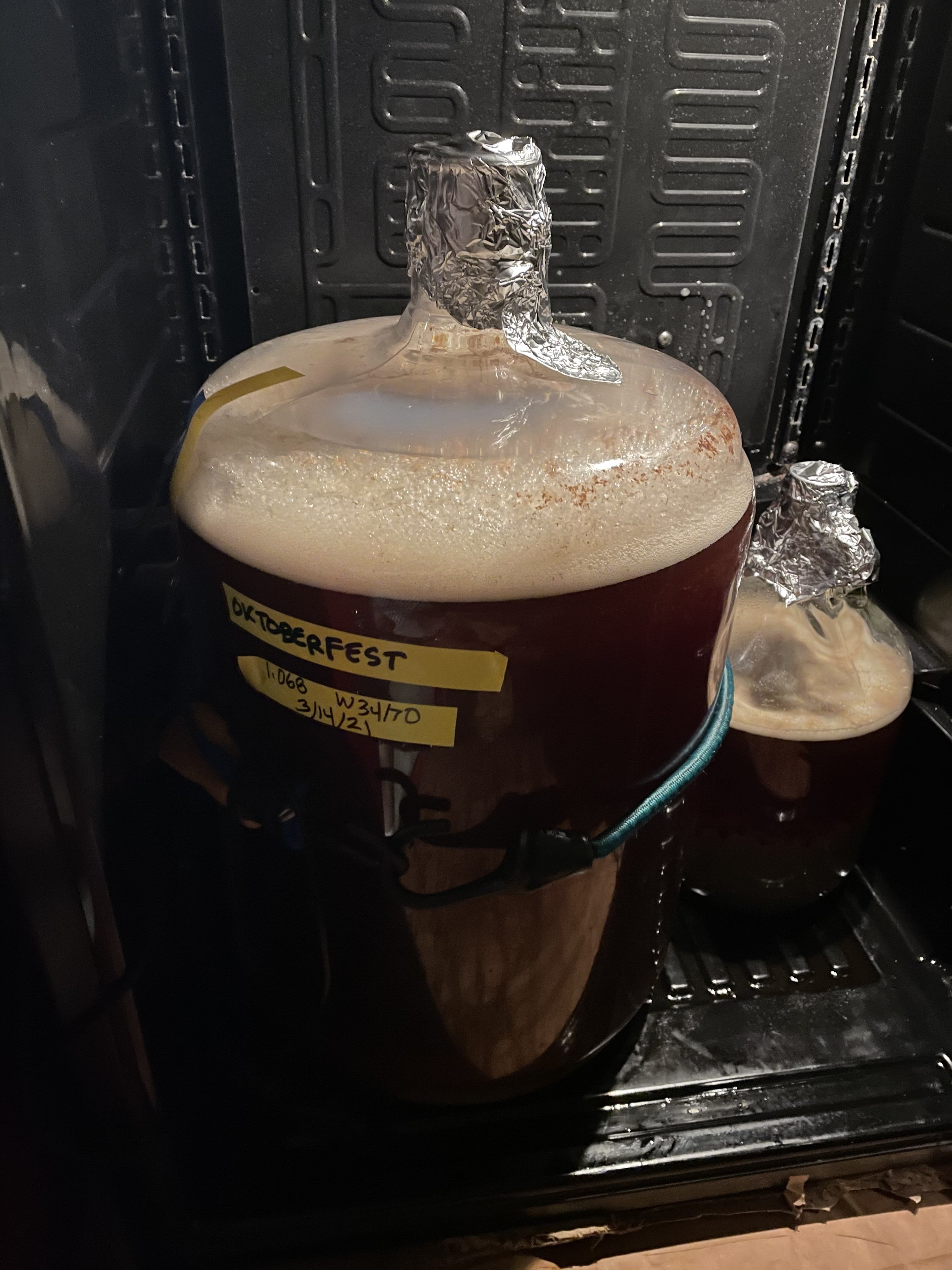Newbie23
Member
- Joined
- Mar 6, 2021
- Messages
- 8
- Reaction score
- 9
Hey everyone
I’m new to the brewing scene - about 4 months ago started all grain brewing in a bag on the stove. I’ve made a few nice but basic brews, along with some pretty mental bottle bombs too!
I’ve just recently bought a Robobrew and have brewed my first batch on there, it’s currently in the fermenter and ill be bottling on the weekend, pretty excited to see how it turns out.
I guess I’m looking for your most important and obvious tips and advice on improving my brews. I’d like to enter competitions some time in the future, so would greatly appreciate any help
Currently I’m only fermenting in a basic plastic fermenter, then bottling using carb drops.
I’m new to the brewing scene - about 4 months ago started all grain brewing in a bag on the stove. I’ve made a few nice but basic brews, along with some pretty mental bottle bombs too!
I’ve just recently bought a Robobrew and have brewed my first batch on there, it’s currently in the fermenter and ill be bottling on the weekend, pretty excited to see how it turns out.
I guess I’m looking for your most important and obvious tips and advice on improving my brews. I’d like to enter competitions some time in the future, so would greatly appreciate any help
Currently I’m only fermenting in a basic plastic fermenter, then bottling using carb drops.
- How much better does your beer get if you siphon off into a keg and carb using a C02 bottle.
- Are there any fun little extra steps on the way to improve the quality of my beer.
- If I was going to throw money at any particular stage of the beer making process, what is going to improve my brew the most?



